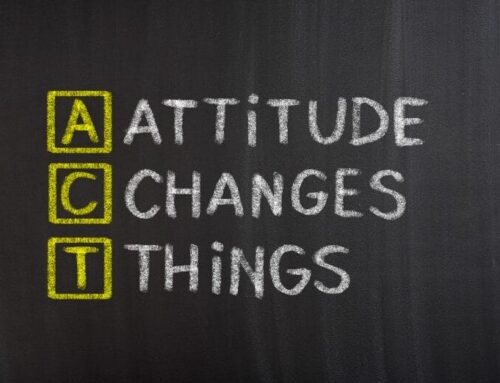We all carry a voice within us — that persistent inner monologue that often tells us we’re not good enough, smart enough, or talented enough to pursue what we truly desire. For many of us, especially women navigating leadership, entrepreneurship, and personal growth, this “inner critic” can be the loudest voice in the room.
But what if I told you that this inner critic could also be your inner coach? What if, instead of silencing it or letting it hold you back, you could transform that voice into a tool for growth and empowerment?
The Difference Between a Critic and a Coach
A critic points out flaws — often with a harsh tone, making us question our worth and abilities. A coach, on the other hand, sees the same imperfections but offers insight, encouragement, and strategies for improvement. A coach doesn’t ignore areas where growth is needed; instead, they shine a light on them with compassion and a belief in your potential to overcome them.
The problem arises when we allow our inner critic to speak unchecked, interpreting every challenge as a reason to stop rather than an invitation to grow. Words like “deficiency” can feel heavy and defeating when spoken by a critic. Yet, in the hands of a coach, those same words become opportunities — spaces for learning, developing, and rising.
Why This Matters — Especially During Women’s History Month
As we celebrate Women’s History Month, it’s essential to honor not only the achievements of women past and present but also the unseen battles they fought against their own inner critics. Think of the countless women who doubted themselves before making history — women who were told, both by society and their own minds, that they “couldn’t” or “shouldn’t.”
Imagine if they had listened to that voice. Imagine if their inner critic had been the final authority rather than a challenge to rise above.
Consider trailblazers like Maya Angelou, who once admitted that even after publishing multiple bestsellers, she sometimes feared being exposed as a “fraud” — a phenomenon known as impostor syndrome. But she persevered, transforming those doubts into a driving force for her work and words that have inspired millions.
And research validates that this inner struggle is common, especially among high-achieving women. A study published in The International Journal of Behavioral Science found that up to 70% of people experience impostor syndrome at some point, with women and minorities often reporting it more acutely due to systemic and social barriers (Clance & Imes, 1978). If so many remarkable individuals have this inner critic, perhaps it’s time to teach it to coach us toward growth, rather than shrinking in fear.
From Personal Experience: Why I’m Writing This
I know firsthand the power of transforming that inner voice. If I had listened to my inner critic, I would have never submitted my application for the Certified Speaking Professional (CSP) designation — a credential that places recipients among the top echelon of professional speakers worldwide.
Throughout the process, my inner critic whispered doubts:
- “You’re not ready.”
- “You’re not as good as others.”
- “What if you fail?”
But instead of succumbing to those fears, I challenged myself to reframe them:
- “What if you’re more ready than you think?”
- “You don’t have to be perfect to be powerful.”
- “What if this process grows you in ways you don’t yet see?”
And because I chose to listen to that inner coach, I completed the rigorous process and was able to celebrate an incredible accomplishment — one that my critic would have kept me from even attempting.
How to Reframe Your Inner Critic: Practical Tips
If you’re wondering how to start this shift, here are a few actionable steps:
- Name the Voice: Sometimes, just acknowledging that this voice is your “inner critic” can help create distance from it. You are not your critic — it’s just one part of you.
- Ask, “What would a coach say?”: When a negative thought arises, pause and ask how a supportive coach or mentor would frame the same observation. Coaches give constructive feedback, not destructive commentary.
- Focus on Growth, Not Perfection: Criticism often comes from a fear of imperfection. But growth comes from learning through mistakes. Reframe mistakes as learning opportunities.
- Use Compassionate Self-Talk: Speak to yourself as you would to a friend or a loved one. Would you tell them they’re not good enough? Or would you remind them of their potential?
- Celebrate Wins — Big and Small: Every time you override the critic and take a step forward, celebrate it. Building confidence is a process, and small wins matter.
Final Reflection: What is Your Inner Critic Keeping You From?
So, let me ask you — what is your inner critic keeping you from doing? What dream, goal, or opportunity has been sitting on the sidelines because that voice convinced you that you’re not ready?
As we reflect this month on the women who changed history — and those who are making history now — remember that their inner critics spoke just as loudly. But they chose to rewrite the narrative. You can too.
Reframe that inner voice. Teach it to coach you forward with honesty and compassion. Because the world needs your full, empowered self — not a version diminished by doubt.
Reference
Clance, P. R., & Imes, S. A. (1978). The impostor phenomenon in high achieving women: Dynamics and therapeutic intervention. Psychotherapy: Theory, Research & Practice, 15(3), 241–247. https://doi.org/10.1037/h0086006






